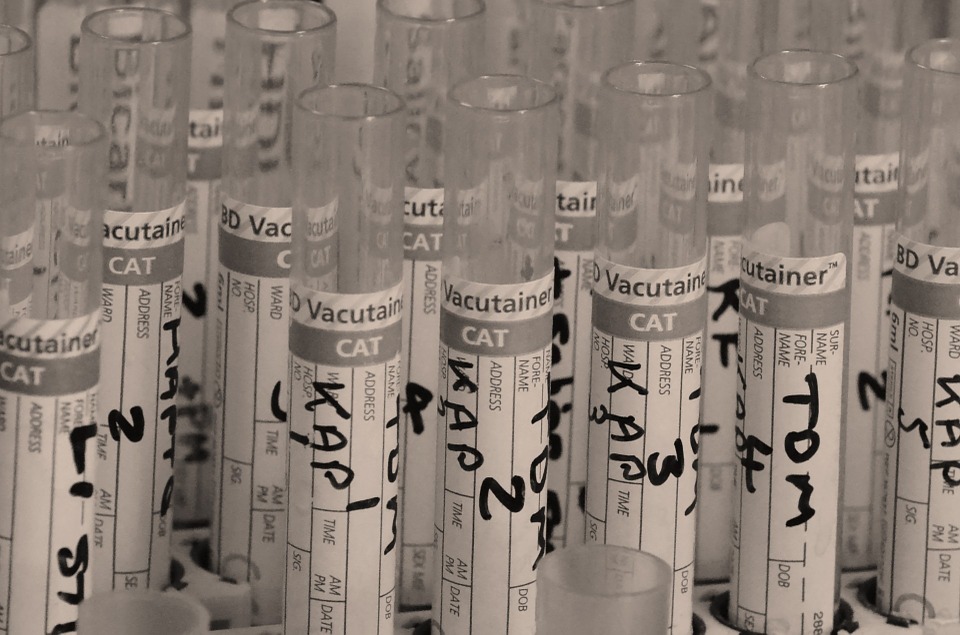Social media has been buzzing with outrage over the past few weeks over a new bill introduced this year in the Alabama state legislature. Alabama HB 3, if passed into law, will require residents of the state to pass drug tests in order to receive benefits from the Supplemental Nutrition Assistance Program (SNAP), a national food welfare program intended to support access to grocery items for needy individuals and families. Critics have noted the ineffectiveness and potential discriminatory nature of such a policy.
According to CBS News, at least 15 states have approved measures that mandate drug tests for welfare access. In Texas, HB 320, a bill which would have limited access to cash welfare based on drug test results, was introduced, referred, and killed in the state’s 86th legislative session. Sponsored by Rep. Ken King (R-88), Texas HB 320 was referred to the House Human Services Committee on Feb. 19, 2019, but was killed soon after during its hearing on March 5. TX HB 320 would have restricted Temporary Assistance for Needy Families (TANF) eligibility based on drug test results.
Supporters of policies such as AL HB 3 and TX HB 320 worry that addicts and substance users will freeload welfare services, relying on tax-funded systems without contributing to society. Supporters of TX HB 320 argue that there are links between drug usage and child abuse and neglect. Given that TANF is a program designed to assist families, those who support the placement of restrictions on TANF access argue that parents deemed unfit due to drug usage should be cut off from assistance in order to discourage the use of drugs.
These policies indicate an underlying assumption that any illicit drug use that may show in a drug test, including positive testing for cannabis, can deem a parent unfit. This assumption has not been supported in studies on substance use and child abuse and neglect. Cannabis displays no evidence of contributing to adverse parenting outcomes, although considered an illicit substance by both the state of Texas and the state of Alabama, making it one of many substances that, if shown in a drug test, would result in limitations on welfare access.
There is a relationship between the use of some illicit substances and child abuse and neglect, such as methamphetamines and opioids. However, there is no evidence of cannabis usage contributing to child abuse and neglect. Good policy should thus not consider cannabis to be an “illicit substance” in the same category of substances that actually do cause adverse parenting outcomes. In the policy arena, legislators should address the wellbeing of children and families. This is where supporters of these bills fail to employ good policy.
Yet, policy and politics are married.These bills reflect a partisan desire of many state representatives to prove their conservative values to their constituents and to project a “zero tolerance,” “hard on drugs” legislative record. These bills are political, unreasonable, and dangerous to some of the most vulnerable residents of the states which promote such policies. The inclusion of positive cannabis result restrictions in bills that restrict welfare access is a symbolic ploy to ingrain an anti-marijuana stance, even beyond the point of rationality.
This symbolic ploy is not based in any factual reality about protecting children. In fact, the restrictions AL HB 3 will place on access to welfare funds in needy families if passed have a much higher potential to harm children in these families than would their parent or guardian’s cannabis usage. What won’t harm children? Parental cannabis usage. What could? Withholding welfare from them.

